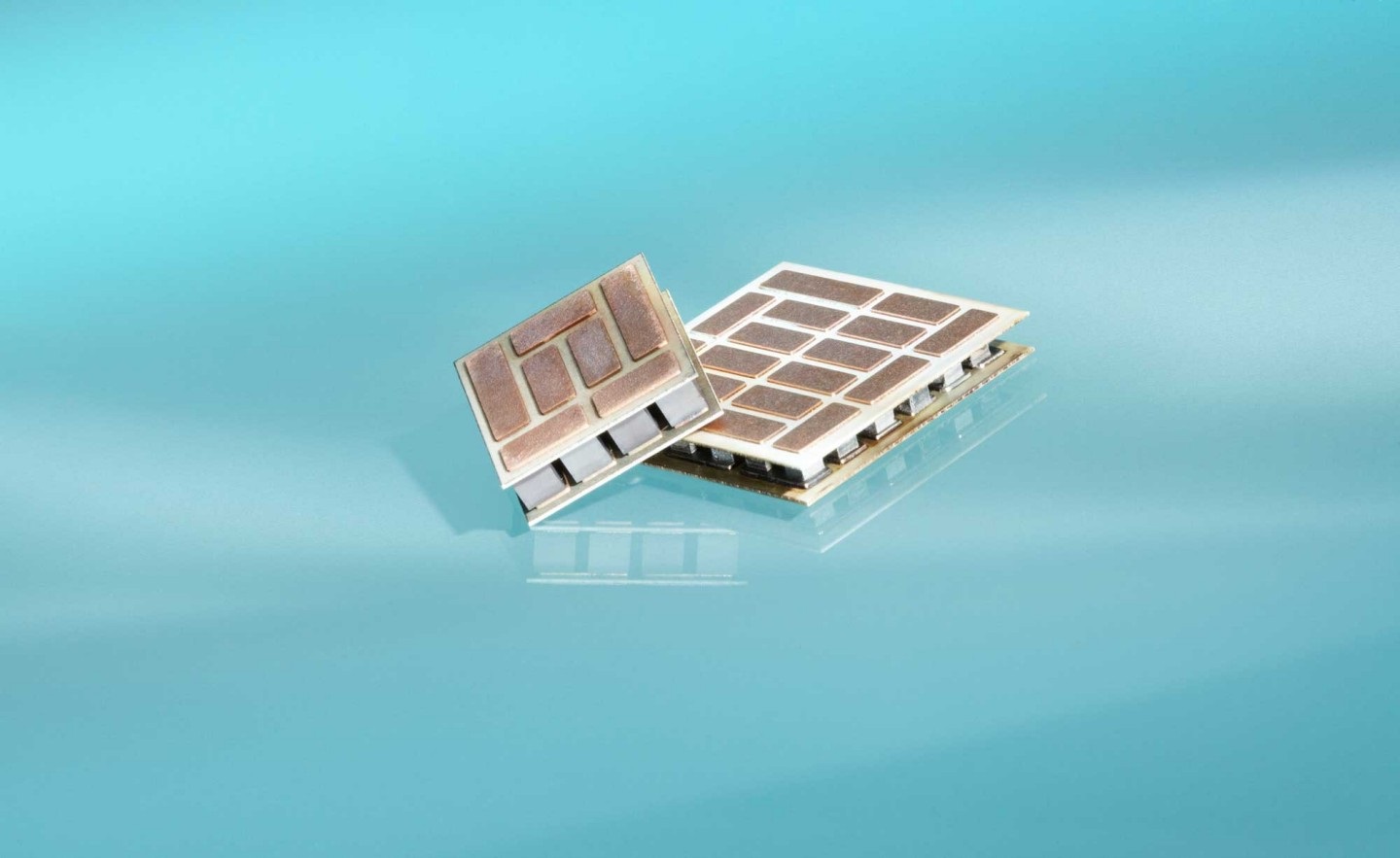The Fraunhofer Institutes of the Group for Light & Surfaces have, on the one hand, considerable expertise in the various technologies for processing and treating a wide range of different materials. On the other, the institutes have also developed broad know-how in the field of material development and material characterization. They provide this know-how as specific technology developments for functional materials and implement it for their customers.
Fraunhofer IOF focuses its materials-based work on optical materials. The selection of suitable materials for optical applications is a decisive step towards the optimal system. Fraunhofer IOF has extensive experience in analyzing and selecting suitable highly transparent glass thermoplastics for micro-optical components. In equal measure, nanostructure technology enables Fraunhofer IOF researchers to develop new materials for optics and photonics, such as photonic crystals and metamaterials.
At Fraunhofer IPM, the competencies for optical materials lie primarily in the field of material analysis. Components for non-linear optics and laser technology are often subjected to high (laser) light intensities. Therefore, even very small absorptions, as they occur in high-purity materials, lead to localized heating, malfunctions or even to the destruction of the components. The detection of these low absorptions even before the components are used requires extremely sensitive measuring equipment and methods.
In addition to the work on optically non-linear materials, Fraunhofer IPM is developing and investigating thermoelectric and magneto- and electrocaloric materials. When thermoelectric generators are used to generate electricity from waste heat in combustion plants, in industrial processes or in automobiles, novel high-temperature materials are required. But more efficient materials are also needed for high-performance cooling. If it is possible to significantly increase the material quality, refrigeration on a very large scale – right up to the thermoelectrically operated refrigerator – is possible in principle.
On the basis of the magneto- or electrocaloric effect, particularly energy-efficient cooling systems can be developed, and which work completely without refrigerant. Certain materials heat up under the influence of a magnetic or electric field and cool down when the field is removed. This way, an effective cooling cycle can be generated.

